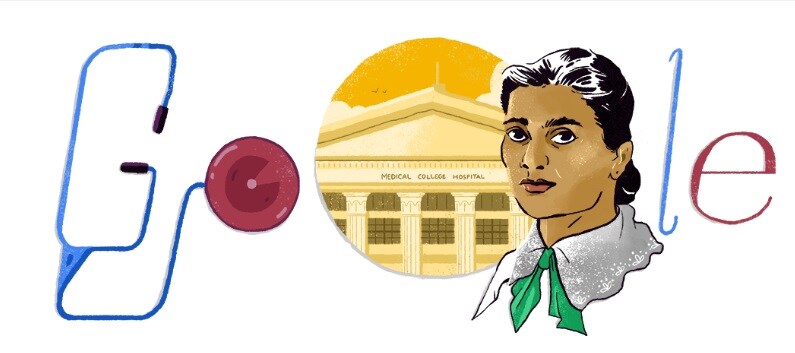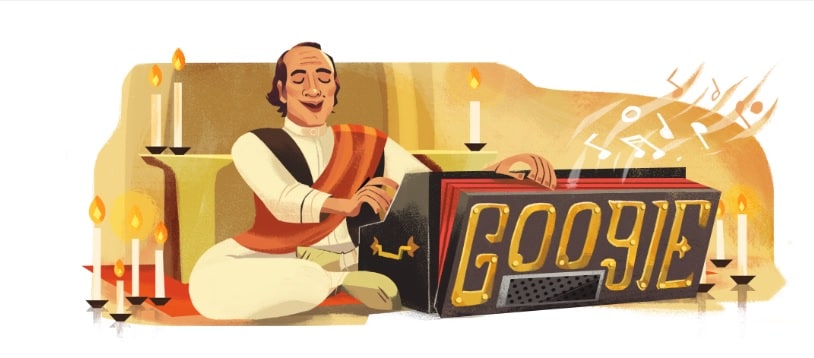Who was Oscar sala? Google Doodle praises electronic music pioneer on 112th birthday
 |
| image source by google |
Oscar Sala has assembled the Quartet-Trautonium, Concert Trautonium and Volkstratonium.
In its most recent doodle, Google is celebrating the 112th birth anniversary of German arranger and physicist Oscar Sala.
Brought to the world on July 18, 1910, in Grease, Germany, Sala is most popular for his work in electronic music and for creating audio signals on an instrument called the tautonym for TV, radio, and movies. His best-known work covers the scary bird sounds in Alfred Hitchcock's 'The Birds and Rosemary (1959).
 |
| image source by google |
Sala was enamored of music from birth as his mother Annemarie (1887–1959) worked as a singer and his father Paul (1874–1932) an ophthalmologist who developed his melodic ability, Google composed in its post. At the age of 14, Sala began to create outfits and melodies on instruments – violin and piano.
Later, he dominated the trautonium, which led to his examinations in physics and composition at school. The electronic music arranger focused on physics at the University of Berlin to develop his insight into mathematics and the underlying science.
The German author and physicist has won some honors for his work, held a few meetings, met various experts, and was respected on radio stations and in movies. Sala gave his tautonym to the German Museum for Contemporary Technology in 1995.
He similarly created the Quartet-Trautonium, Concert Troutonium, and Volkstratonium. Sala's Volkstratonium was generally introduced to the public in 1933 on the Berliner Funkasstellung radio show.
According to the google site
 |
| image source by google |
Tech monster Google celebrated the 112th birth anniversary of physicist Oscar Sala, also an imaginative electronic music writer, with its doodle on Monday.
As indicated by its site, Sala charged the universe of TV, radio, and film by creating sound results on a device called the Combination Trautonium. Among his popular works are the films Rosemary (1959) and The Birds (1962).
Sala was introduced into the world in 1910 in Greece, Germany. His mother was a singer and his father was an ophthalmologist who also knew his potential. Sala began creating pieces and melodies for instruments such as the violin and piano at the age of 14, as indicated by the site.
After listening to the tautonym interestingly, he was fascinated by its apparent potential consequences and the innovation of the advertised instrument. "Then his life mission overcame troutonium and made it further, which sparked his examinations in physics and school in piecemeal," read the Google site, prompting Sala to promote his own device called Blend Trautonium. couple.
The design of the combination plutonium is notable in that it was suitable for playing certain sounds or voices at the same time.
With his instructive foundation as a writer and an electro-engineer, he created electronic music that set his style apart from others.
Sala got some respect for his work. In 1995, he presented his unique combination, the trautonium, to the German Museum for Contemporary Technology.
"Sala also assembled the Quartet-Trutonium, Concert Trautonium, and Volkstratonium. His forays into electronic music opened up the realm of subharmonics. With his commitment and inventive energy, he turned into a special ensemble," read the Google site.